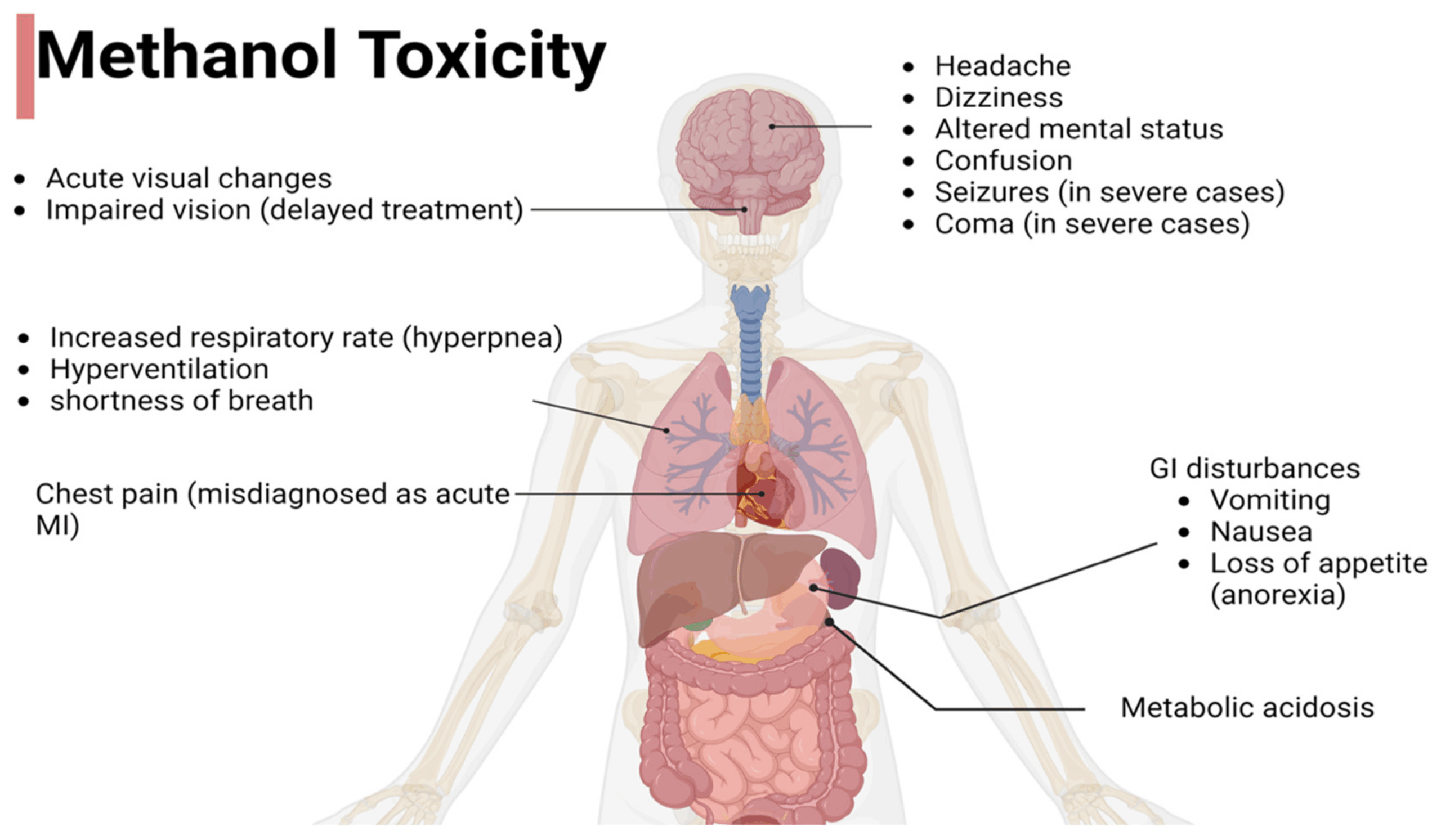The Rising Concern of Methanol Poisoning: Causes and Effects

Introduction
Methanol poisoning is an increasing public health concern, especially in regions where illicit alcohol production is prevalent. Methanol, a toxic alcohol used industrially, can lead to severe health complications or even death when ingested. Understanding the dangers of methanol and its implications is vital, particularly in the wake of recent incidents highlighting its risks.
Recent Incidents and Risk Factors
In the last year, several tragic cases of methanol poisoning have been reported globally. One of the most alarming events occurred in August 2023 in India, where over 100 fatalities were linked to the consumption of illicit liquor contaminated with methanol. Health officials reported that the victims experienced symptoms such as dizziness, headache, and visual disturbances, which escalated to unresponsiveness and eventually death. These incidents underscore the urgent need for awareness and education regarding the dangers of unregulated alcohol production.
Signs and Symptoms
The symptoms of methanol poisoning can be quite insidious, often resembling those of drunkenness in the initial stages. Key indicators include:
- Headache and dizziness
- Nausea and vomiting
- Visual disturbances, including blurriness or loss of vision
- Confusion and difficulty breathing
If methanol poisoning is suspected, immediate medical intervention is critical, as early treatment can significantly improve outcomes.
Treatment and Prevention
Medical professionals may administer antidotes such as fomepizole or ethanol to slow the metabolism of methanol, thereby reducing its toxic effects. Supportive care in intensive care settings may also be required for severe cases, including dialysis to remove methanol from the bloodstream.
Prevention strategies are essential to combat the risks associated with methanol poisoning. Public health campaigns aimed at educating communities about the dangers of consuming homemade or illicit alcohol are crucial. Furthermore, stricter regulation and monitoring of alcoholic beverage production can help diminish the occurrence of dangerous methanol contamination.
Conclusion
Methanol poisoning remains a significant health threat, particularly in areas with limited regulation of alcohol production. Ongoing education, public health initiatives, and enforcement of stricter regulations are necessary to prevent future tragedies. As awareness grows, the hope is to reduce the incidence of methanol poisoning and protect vulnerable populations from its devastating effects.
You may also like

The Rising Threat of Super Flu: What You Need to Know

Exploring the Importance of Walkers in Urban Environments
